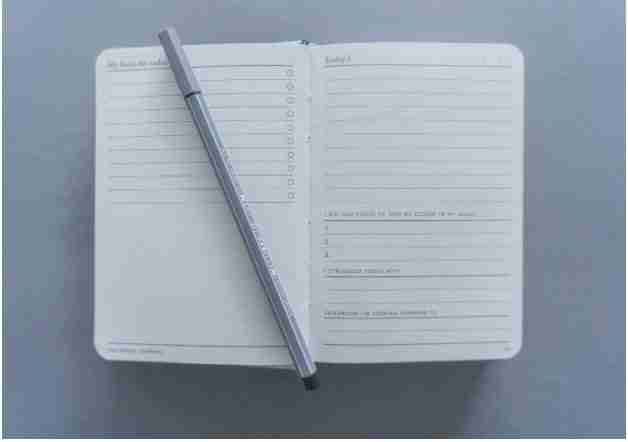
Whilst good grades can lead to a successful future, many students find it difficult to perform well in school. This can be due to any number of reasons – from lack of motivation to poor study habits. In this article, we’ll provide some tips on how to improve your students’ grades and help them achieve success.
Take Some Courses
If you’re a teacher, some courses could provide you with up-to-date information about the latest changes in the curriculum and assessment methods. This means that you can be sure you’re teaching the most relevant material to your students. There are also courses that can help teachers use the most effective techniques when delivering this material.
Some courses offer advice on how to manage and motivate students effectively. This can help you keep your students engaged and become more likely to achieve good exam results. You can find a host of courses online, whether they relate to classroom management, inductive learning, or supporting second language learners. You can study gateways to learning, the art of reading comprehension, or how to identify microaggressions in the classroom.
Talk About Homework Routines
If your student’s grades are slipping, or they’re not getting the grades they want, it’s time to discuss their homework habits. This is a crucial part of school success, but it can be tough to get into a good routine.
Here are some tips to pass on to your students:
- Before you start your homework, take a few minutes to plan out what you need to do. Write down each task and when you intend to work on it. This will help you stay in control and on track.
- Choose a suitable time that works for you and stick to it. Homework should be a part of your daily routine so that it doesn’t become a last-minute scramble.
- If you have a lot of homework, don’t try to do it all at once. Break it down into smaller tasks and start with the ones that are easiest for you.
- Take regular breaks while you’re working on your homework so you don’t get overwhelmed or frustrated. Get up and move around to clear your head before diving back in.
- Don’t be afraid to ask your teacher or parents for help if you’re stuck on something. Getting some extra guidance can make all the difference in understanding the material and getting your homework done properly.
Explain Learning Environments
It’s been proven time and again that the learning environment is one of the key factors affecting grades and student performance. Whilst it can be easy to let things slide at home, there are some simple things your students can do to make their study space more conducive to learning.
Here are a few tips:
- Designate an area for your studies, whether it’s your bedroom or somewhere else.
- Make sure there’s plenty of light. A well-lit room will help you stay focused and alert.
- Keep it clean and organized. Clutter can be massively distracting and make it difficult to focus.
- Make sure the temperature is comfortable. If it’s too hot or too cold, you’ll have a hard time concentrating.
- Consider using white noise or music to drown out distractions.
- Keep your smartphone in another room during study time.

Set Goals For Each Student
It’s important to set goals along the way so each student can stay focused and motivated. By setting realistic goals, students will be able to assess their progress within certain timescales. In turn, they can feel a sense of accomplishment when they reach each objective.
To set goals for each student, you’ll need to first assess their current skills and abilities. Once you have a good understanding of their strengths and weaknesses, you can begin to set objectives that are specific, measurable, achievable, relevant, and time-bound (SMART).
Miscellaneous Tips
Here are some other key things to consider:
- Encourage involvement and positive reinforcement from parents
- Encourage the students to use online resources, flashcards, and educational games
- Encourage them to create a healthy sleep routine
- Recognize each person’s learning styles and maximize them
- Encourage them to eat a healthy breakfast before exams
- Be supportive but not over-bearing
- Celebrate their successes, even if they’re small ones
If you take these ideas to heart and put them into practice, you’ll soon reap the benefits. Your students will feel more confident and organized and be more likely to succeed in their exams. Before you know it, you’ll be celebrating their improved grades and performance. You’ll have contributed to these outcomes, and be more fulfilled as a teacher.